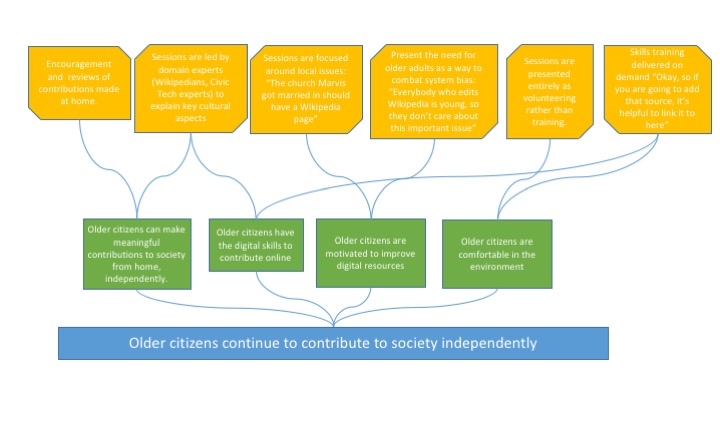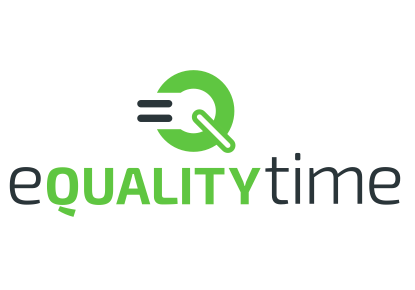A project we are currently workshopping…
For UK residents looking for historical information, Wikipedia is invariably the go-to resource. The English Wikipedia alone has over 2.6 billion words, covering 4.4 million articles. There are many examples of extremely rich, detailed, beautifully illustrated historical articles.
Unfortunately, Wikipedia also suffers from a systemic bias of editors. The average Wikipedian on the English Wikipedia is male, technically inclined, formally educated, aged 15–35, and likely employed as a white-collar worker or enrolled as a student rather than employed as a blue-collar worker.
This has the result that articles of local heritage are massively underdeveloped or missing. Worse, the very people who are most passionate about local heritage are often inhibited by a lack of familiarity of technology, or inexperience with Wikipedia’s approaches.
We propose the Digital Local Heroes project. We’ll provide the space, training, and expertise for groups of people to work together to improve the coverage of their local heritage sites on Wikimedia projects. Their training will includes taking and uploading photos, drafting articles, producing sources, and all the skills that enable groups to make this difference to their local community.
Once users have been trained and have gained some experience in the use of Wikipedia, they will be much more confortable contributing outside of the project, making this an extremely sustainable approach.
As a form of ‘secondary gain’, we shall be focusing on those groups that are underrepresented on the Wikipedia Project, and groups that have much to gain from being involved. The Digital Local Heroes project allows jobseekers to gain, develop and demonstrate a range of important employability skills such as research, copyright law, sourcing, non-fiction writing, teamwork, and proofreading in addition to the obvious information technology skills. Moreover the Digital Local Heroes project allows older people to stay engaged digitally, and to continue to give to the local communities in a way that gives them pride.
Our theory of change can be download here, and has been reproduced below:

